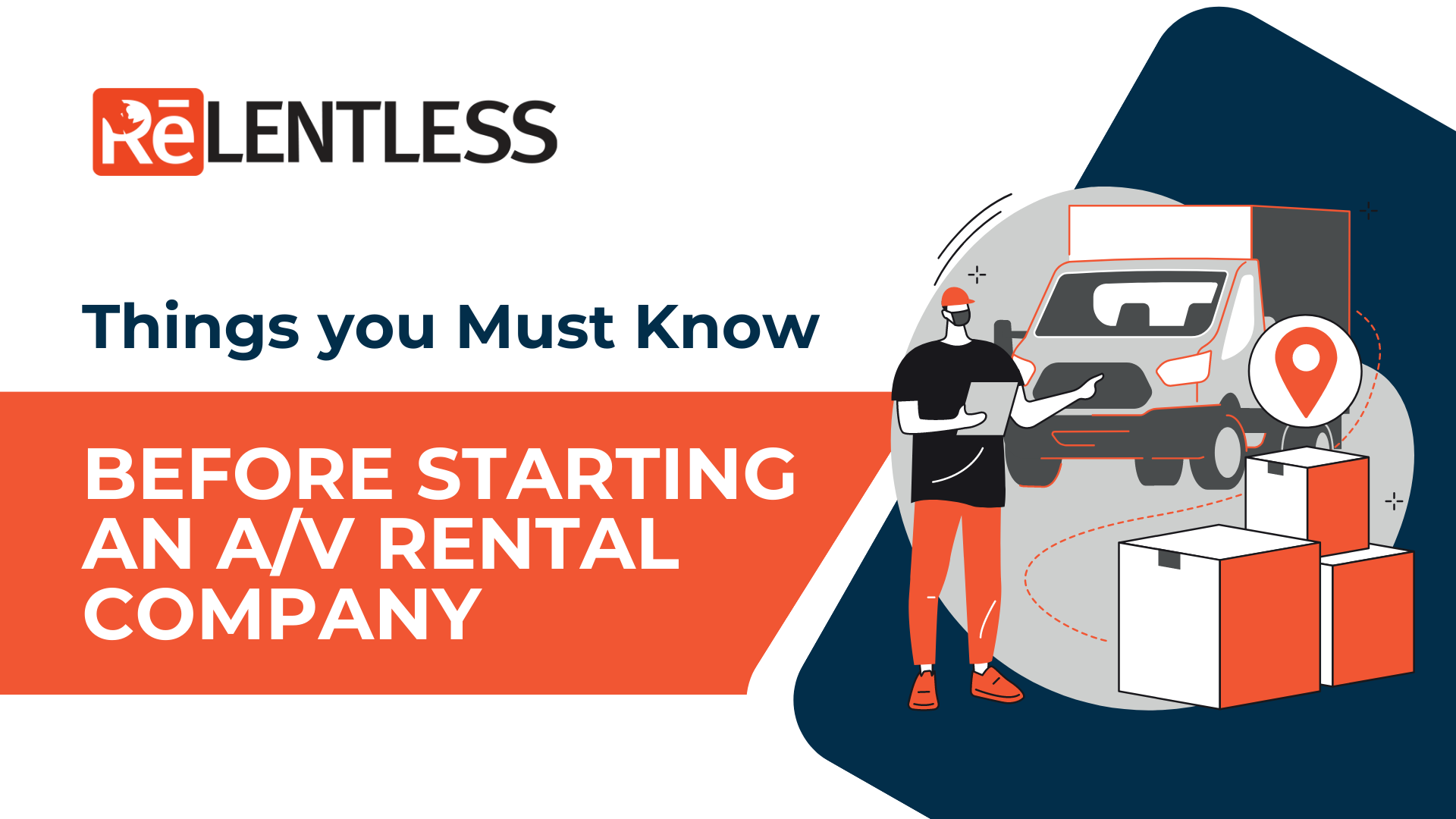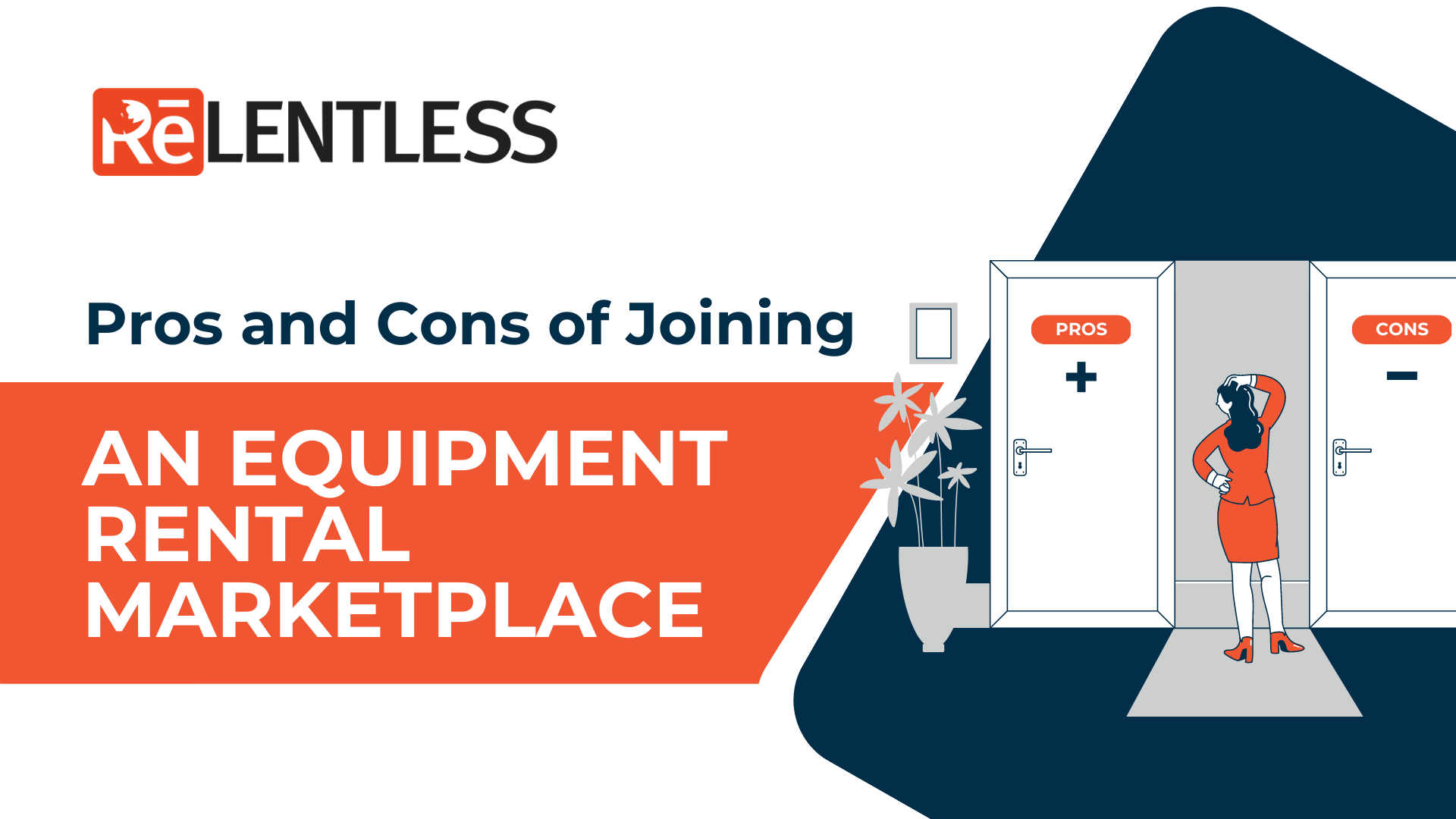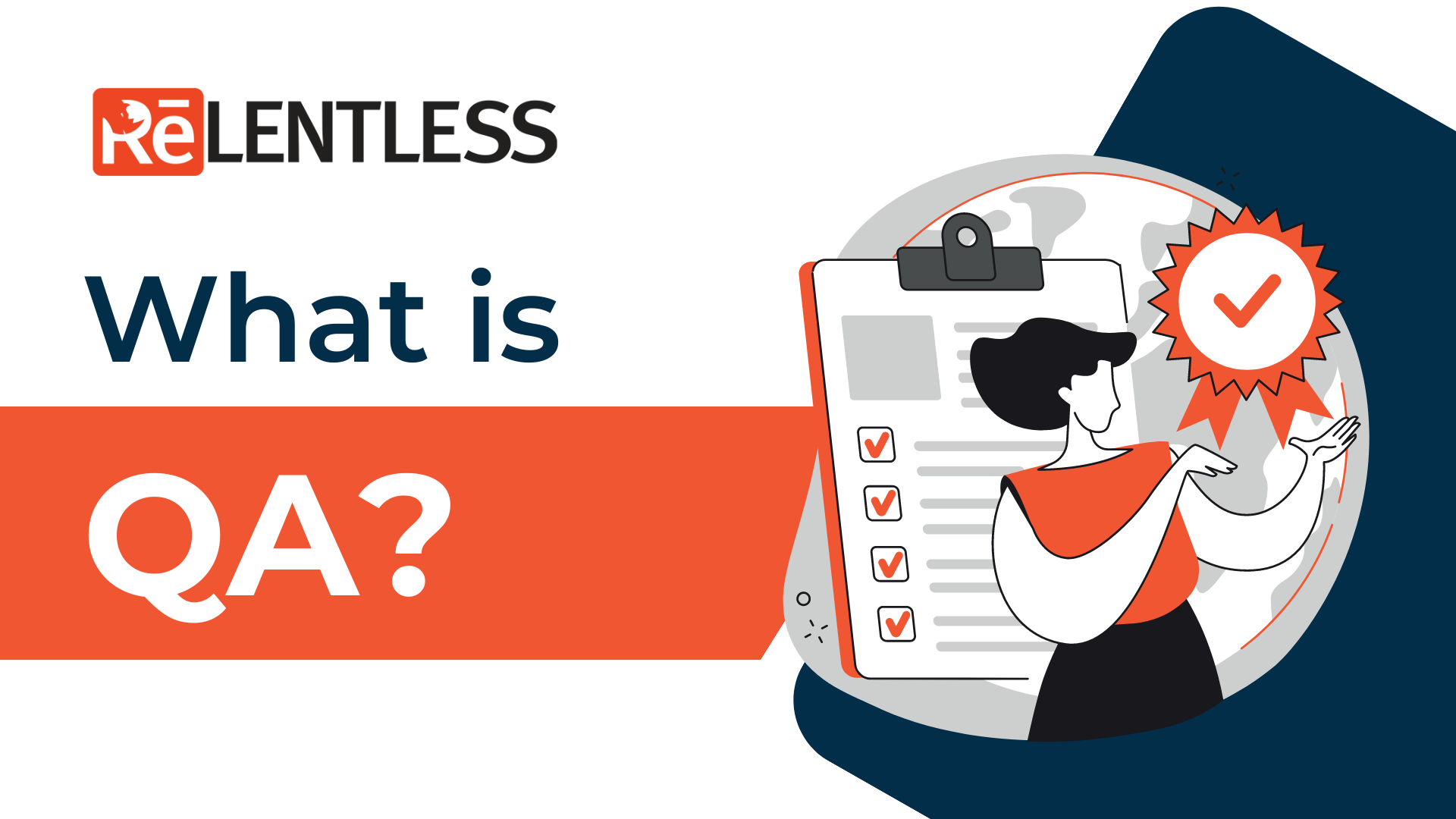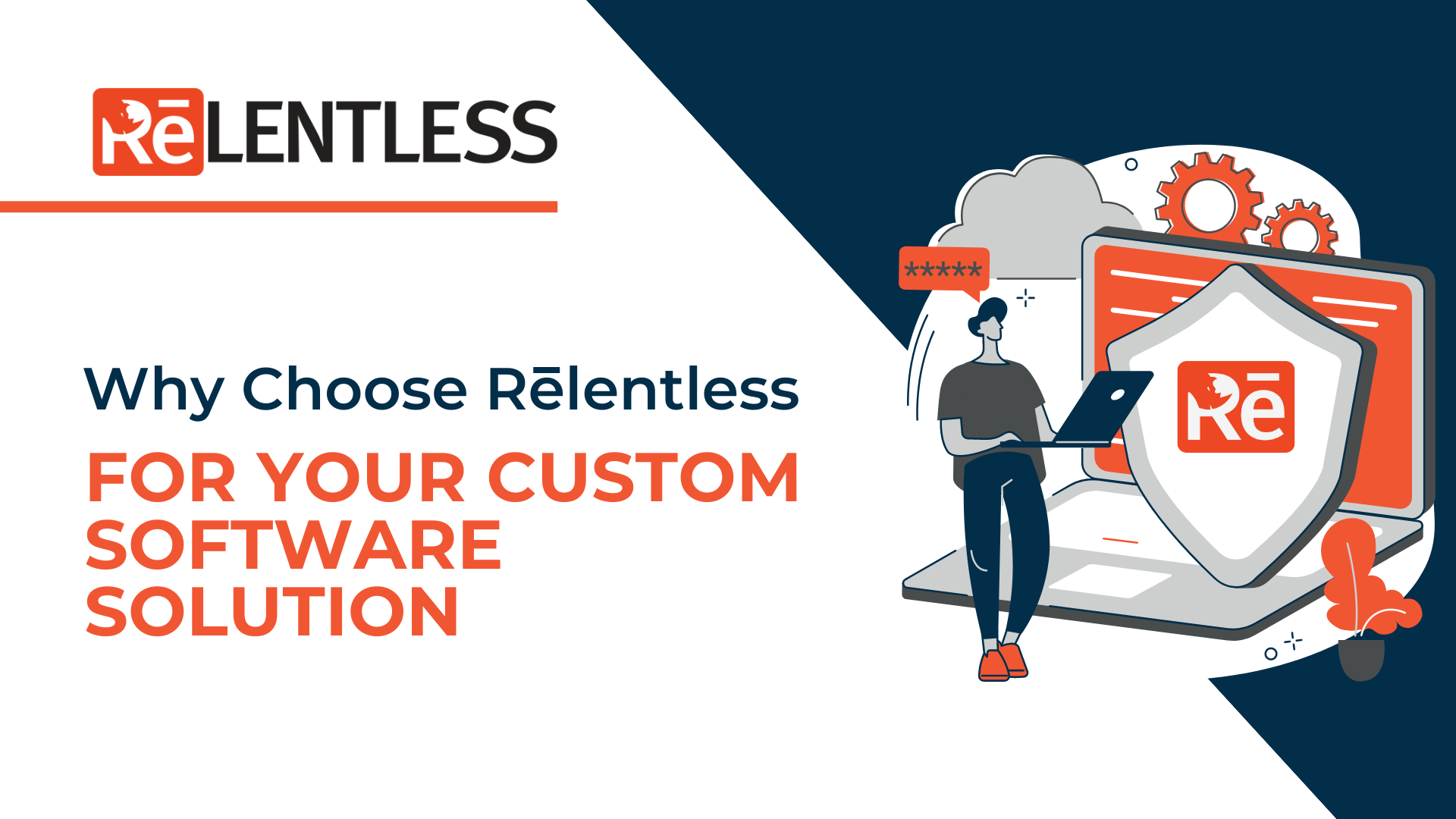As an average Joe, purchasing a complete set of audio-visual equipment for an event does not make sense if you only use it once or twice a month unless you own a company that runs multiple events annually. Instead, business owners prefer renting A/V equipment rather than spending thousands of dollars to buy the equipment for a single event.
An audio-visual (A/V) rental company offers party organizers, event planners, and businesses the right equipment for their event needs. Starting an A/V rental company can be capital intensive. However, due to the rising demand, it can be profitable.
Once you have decided to create an A/V rental company, remember that there is a lot of competition despite being a multi-billion dollar industry globally. You have to make sure you are passionate and dedicated to your business. It will require a lot of creativity and aggressive marketing. Below are a few pointers to help your start.
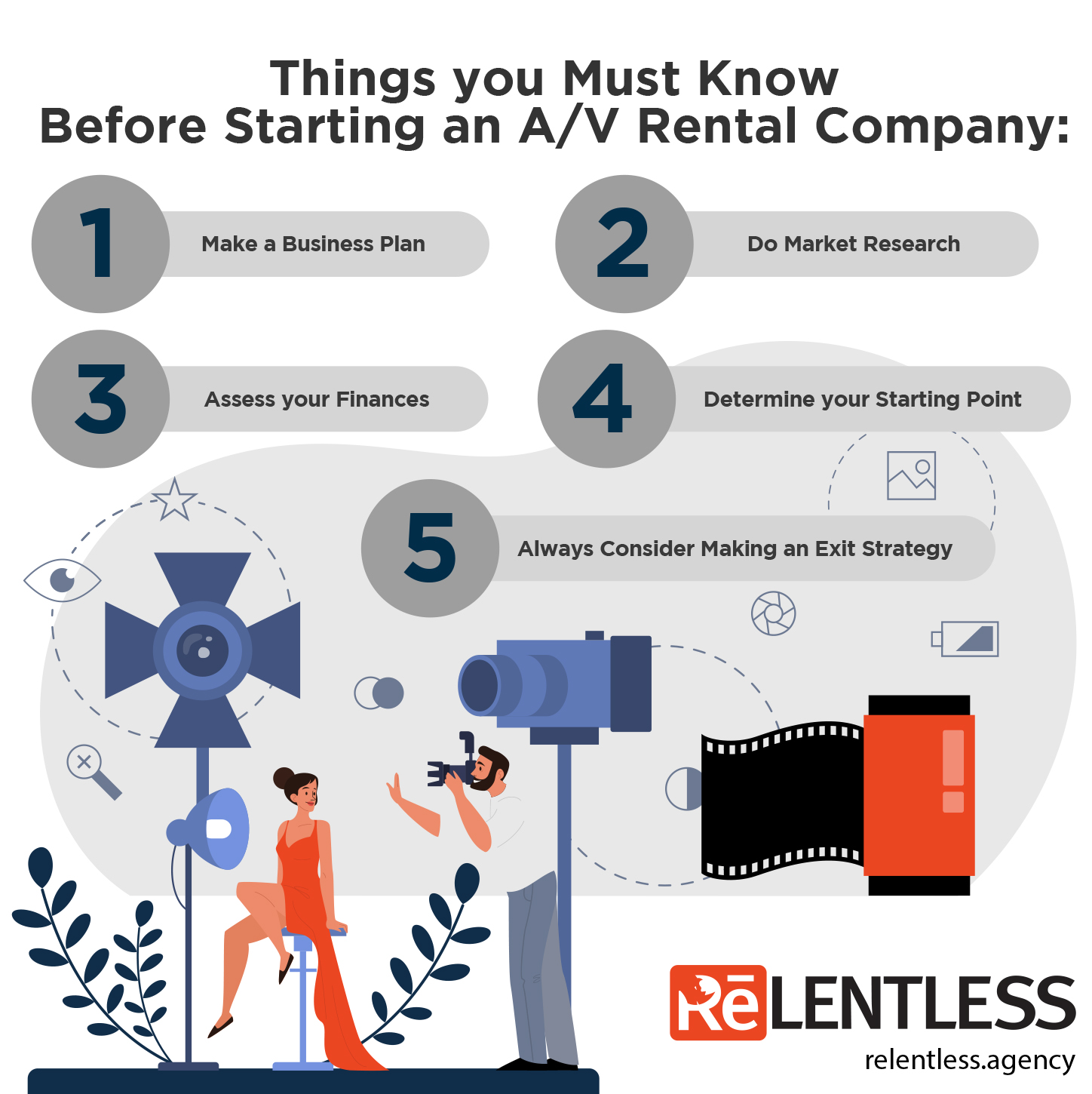
Make a Business Plan
The first step in making your business a reality is to create a business plan. It is one of the most important things your company needs, whether you’re a startup or an established company. Its purpose is to clearly define your company’s goal and how to achieve it. It is a written document that serves as a map for the firm describing operational, marketing, and financial standpoints. Aside from serving as a guide for the company’s stakeholders, you can also use it to attract investors and obtain funding from financial institutions.

The critical parts of a Business Plan include an executive summary, products and services, market analysis, market strategy, financial planning, and budget. There are also two types of business plans: the traditional and lean startup; the latter is an abbreviated structure highlighting the vital elements listed above.
Do Market Research
Market research is part of a business plan and possibly one of the most crucial steps to determine your position in the market. A smart move is to find a list of A/V Rental Equipment Companies in your area and try to learn about the competition. It is also good to visit your competitors and assess their strengths and weaknesses adequately.

Assess your Finances
Starting any type of business has a price. You have to determine how you are going to cover the cost. Do you have the means to create an A/V Equipment Rental business without outside investors? If you’re leaving your job to focus on your business, do you have enough savings to support yourself until you make a profit? These are just a few things you should ask yourself to assess your current financial situation.

Once you have answered the initial questions and are confident to push through, the next step is to estimate the startup capital you need to procure. It can be a while until your business brings sustainable revenue. You also need to perform a break-even analysis; this is essential to financial planning. It helps business owners know when their company will be profitable.
The formula for break-even analysis is straightforward:
- Fixed Costs ÷ (Average Price – Variable Costs) = Break-Even Point
Every entrepreneur should use this formula to be informed about the minimum performance their business must achieve to avoid losing money. It helps them understand precisely where their profits come from to set goals accordingly.
Determine your Starting Point
There are different options for starting an A/V business. The first point is to determine your legal business structure, whether a sole proprietorship, partnership, corporation or limited liability company (LLC). You also need to choose whether to enter as a startup, a franchisee, or a new owner of an established A/V Rental Business.

Startup
When entering the A/V industry as a startup, you will have to consider a lot of initial investments in the form of time and money. On average, you will have to spend a year learning and setting up the business. One thing about startups is that it has the most fulfilling feeling among the two succeeding selections. When done right, you will gain the priceless experience of watching your company grow from a seed of an idea to a thriving business.
Franchise
In this method, a franchisee typically purchases the right to operate a company under the franchisor’s established brand. Franchises already have a proven business model, and entrepreneurs usually like to capitalize on their returns, especially those with previous experience in the industry.
The chances of being a successful entrepreneur are heightened if you purchase a franchise and leverage its successful brand and track record. There are also different packages for franchisees, making it much easier to manage. The best thing about this approach is that you are guided by a reputable brand you selected and trust.
Purchase
If you have significant capital and the price is right, purchasing a well-established business is also a good idea compared to building a startup A/V Company. Of course, you will have to conduct extensive due diligence to ensure you are confident with your purchase. There are three reasons why buying an established company is better than a startup.
- Profitability: If you compare startups to existing businesses, the latter often has a more steady income stream due to an established customer base.
- Operating Efficiency: Established businesses usually have the necessary process and systems to ensure seamless operations on the first day of ownership.
- Funding: If in need of additional capital, investors, lending companies, and other financial institutions almost always prefer dealing with an established business rather than a startup.
Always Consider Making an Exit Strategy
By far, this is one of the most common mistakes of an entrepreneur. When creating a business plan, you have to consider an exit strategy, the thought of how you will eventually exit your business forces you to look into the future. Too often, many entrepreneurs get very excited about their businesses and are so sure that everyone will be a customer. Some are lucky, but for some, this is simply wishful thinking.
Think about it, whenever you board a plane, the first thing they show you is how to get off. Even in kindergarten, they line up all the kids and teach them fire drills to exit a building. The main point of these examples is the importance of safety protocols.

In business, thinking about an exit strategy can save you financially. Business owners with no predetermined exit strategy often lead to their company having a lower value. It is always better to begin with the end in mind, whether to exit the business by selling it or a more common scenario, by passing the baton to your next of kin.

